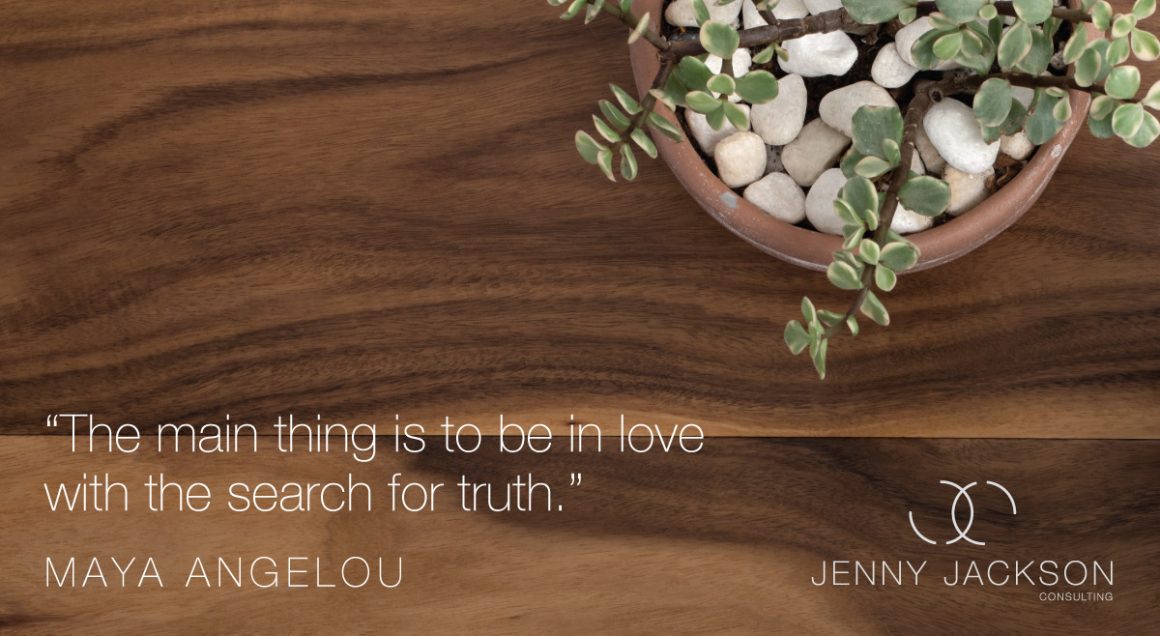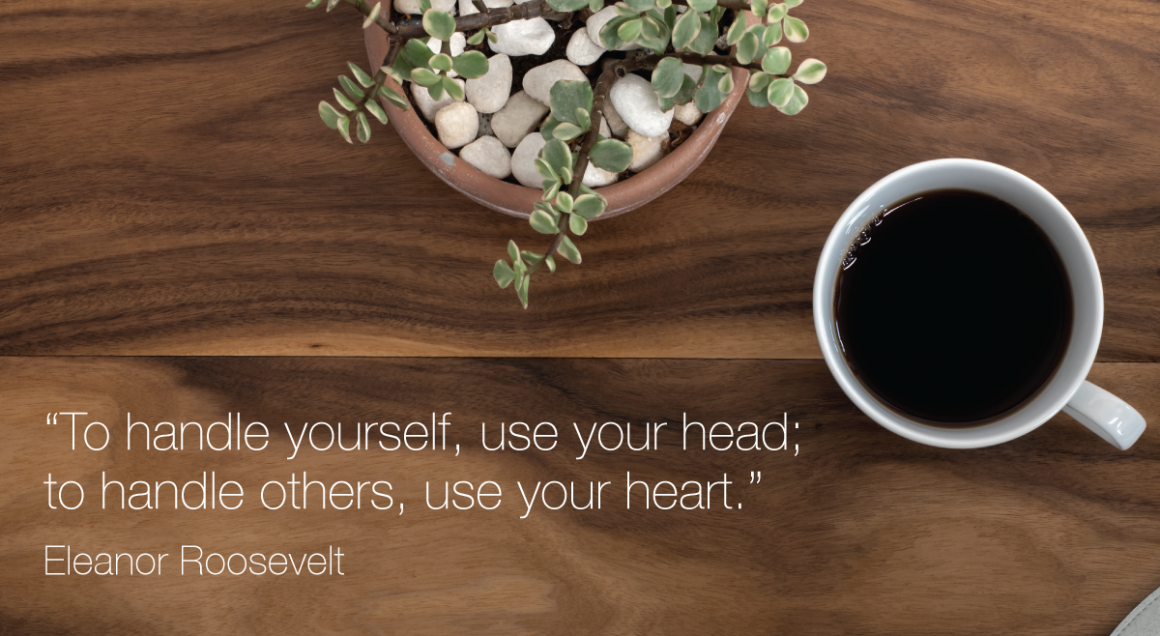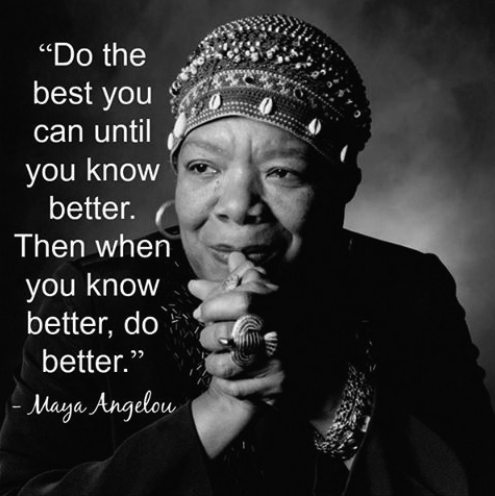The term Imposter Syndrome was first coined in 1978 by psychologists Pauline R. Clance and Suzanne A. Imes, who were looking for a better explanation as to why high achieving women often attributed their success to luck rather than accomplishment. Clance and Imes first observed Imposter Syndrome in a group of “highly successful” professional and pre-professional women across several regions, institutes and disciplines.
Since that time there have been numerous articles and studies published which have contributed to our understanding of the syndrome however its prevalence remains very high. In 2020, Laura Newinski (KPMG) stated that 75% of executive women in their (KPMG) study identified as having experienced Imposter Syndrome at various points throughout their careers. Despite being found more commonly in women, the term now applies to both male and female achievers who are psychologically uncomfortable with acknowledging their role in their success.
Imposter Syndrome can be described as a “faulty belief system where one chronically doubts her abilities in spite of rivalling external evidence”. In my own consulting work over the past year, more than 80% of clients undertaking coaching / mentoring have identified with the syndrome and say it is part of their belief system. And this is despite very clear evidence to refute these beliefs.
Imposter Syndrome can lead the sufferer to doubt their achievements, and to fear being “exposed as a fraud”. It can hamper leadership and success as sufferers feel vulnerable and exposed, which makes taking risks and being innovative and creative much harder (and less likely). The syndrome can negatively impact mental wellbeing and also results in limiting the roles and jobs that sufferers will apply for and this will further exacerbate the continuing under-representation of women in leadership roles.
Some useful questions for self-reflection:
- What is my belief system about my performance?
- What is my evidence to support these beliefs?
- How do I stand apart from others in my field?
- Do I feel like this is “bragging”?
- Am I afraid of people realising I am not as good as they think I am? Will they “wake up” one day and see what I see?
- What do I really want?
- How can I get it?
- How can I build a powerful, connected and authentic network which will support me as I challenge my belief systems?
I facilitate coaching / mentoring with a number of individuals and also run workshops for women who are leaders (regardless of role) – if this has triggered a curiosity in you, don’t hesitate to get in touch with me to discuss ways I might be able to support you.
















Recent Comments